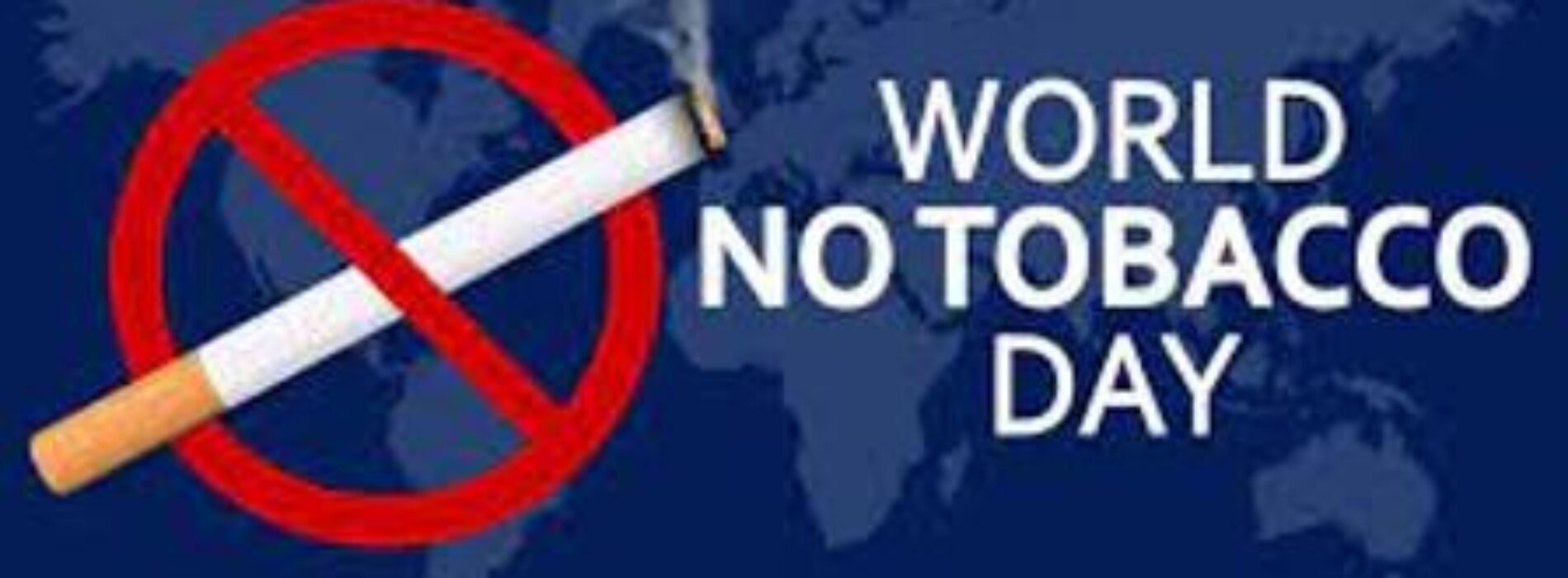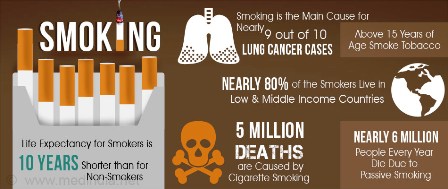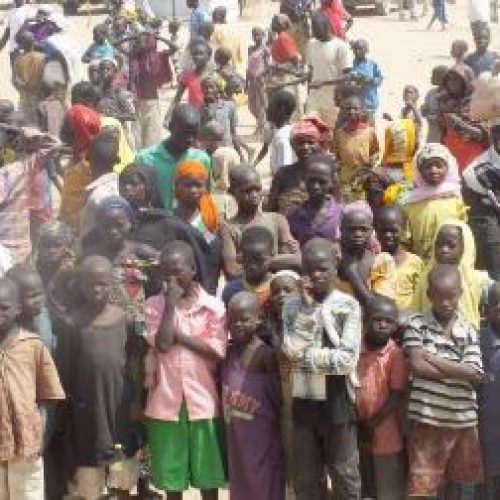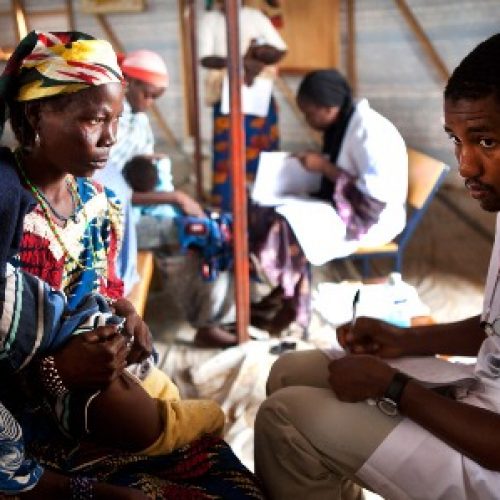It’s World No Tobacco Day!
-
WHO calls on African countries to impose more tax levies
-
Highlights danger to health, economy and environment
The World Health Organisation (WHO) has called on African countries to impose environmental tax levies on tobacco across the value and supply chains, including production, processing, distribution, sales, consumption and waste management.
Regional Director for Africa, Dr Matshidiso Moeti, who made the call on Monday in a message to commemorate the 2022 World No Tobacco Day which is always celebrated on 31 May every year said the day was to raise awareness of the negative health, social, economic and environmental impacts of tobacco production and use.
She said the year’s theme, “Tobacco: Threat to our environment”, aimed to highlight the environmental impact of the entire tobacco cycle, from cultivation, production and distribution, to the toxic waste it generates.
Moeti advised countries to accelerate the implementation of the WHO Framework Convention on Tobacco Control (WHO FCTC), which provides the necessary guidance to advance the creation of smoke-free environments.
According to her, the framework will create programmes to support tobacco users to quit, and support for the application of excise tax and other financial countermeasures.
Moeti said despite 24 African countries instituting bans on smoking in public places, and 35 banning tobacco advertising, promotion and sponsorship, our estimates are that one in every 10 African adolescents use tobacco.
She said that the emergence of new products, such as electronic nicotine and tobacco products, are also proving attractive to youths, compounding the concerns.
“With 44 of WHO African Region’s 47 countries having ratified the WHO FCTC, which commits them to adopting effective and evidence-based measures to curb tobacco consumption.
“The need to address related environmental damage has seen WHO redouble its efforts to counter the overall threat,’’ Moeti said.
She said the environmental impacts of tobacco farming included massive use of water, which was a scarce resource across most of the continent, along with large-scale deforestation and contamination of the air and water systems.
According to her, land used to grow tobacco could also be used much more efficiently, especially in countries grappling with food insecurity.
“To help counter the threat, WHO has joined hands with the Food and Agriculture Organization of the United Nations (FAO) and the Kenyan government to create the Tobacco-Free Farms project.
“Launched in March, the project supports farms to switch from tobacco to alternative food crops that will help feed communities, rather than harm their health.
“The UN agencies and the Kenyan government provide training, inputs such as seeds and fertilizer, and a ready market for their harvest through the World Food Programme’s local procurement initiatives,’’ Moeti said.
She said that so far, 330 Kenyan farmers had switched to growing beans, with the first harvest yielding more than 200 metric tons.
“ The second season, which has just begun, is now reaching more than another 1000 farmers.
“This is extremely encouraging for our plans to roll this programme out to other tobacco-growing countries on the continent,’’ Moeti said.
According to her, this is the kind of hard evidence that is essential to change the mindsets of farmers, and governments, who believe that tobacco is a cash crop with the potential to generate economic growth.
She said in Malawi, for example, tobacco accounted for about half of all exports.
The comparative number for Zimbabwe is 13 per cent and 6 per cent and 3 per cent for Mozambique and Tanzania respectively.
“What is less accepted is that these are unfortunately short-term gains that are eclipsed by the long-term consequences of increased food insecurity.”
“Tobacco-related illness in the African Region accounts for 3.5 per cent of annual total health expenditure.
“While tobacco leaf production is decreasing globally, it is increasing in the WHO African Region, which now produces about 12 per cent of all tobacco leaf internationally.
She said that tobacco growing was a significant driver of deforestation too, due to the large quantities of wood needed for curing.
She said that tobacco cultivation exposed farmers to several health risks, including “green tobacco sickness”, which was caused by nicotine absorbed through the skin during the handling of wet tobacco leaves.
“Cigarette butts litter pavements, parks and beaches, finding their way into waterways and leaching harmful chemicals that poison animals and aquatic life and children,’’ she said.
According to her, reducing tobacco consumption is a key catalyst towards realising the health-related Sustainable Development Goals but, as the environmental evidence illustrates, the benefits go far beyond health,’’ she said.
Courtesy: Newsreel Daily
Key Messages from WHO
Tobacco harms the environment
Tobacco growing, manufacturing and use poison our water, soil, beaches and city streets with chemicals, toxic waste, cigarette butts, including microplastics and e-cigarette waste. Don’t fall for the tobacco industry’s attempt to try and distract from its environmental harms by greenwashing their products through donations to sustainability initiatives and reporting on environmental “standards” they often set themselves.
Make the tobacco industry clean up their mess
The tobacco industry is making profit by destroying the environment and needs to be held accountable for the environmental destruction and made to pay for the waste and damages, including to recover the cost of collecting these wastes.
Quit tobacco to save our planet
Every cigarette smoked or tobacco product used wastes precious resources that our existence depends on. Quit tobacco for your heath and the health of our planer. Tobacco smoke contributes to higher air pollution levels and contains three kinds of greenhouse gases
Help tobacco farmers switch to sustainable crops
Governments and policy makers should support tobacco farmers to switch to alternative, more sustainable livelihoods to reduce the environmental impact of tobacco growing, curing and manufacturing while continue to implement tobacco control measures.









0 Comments
No Comments Yet!
You can be first to comment this post!